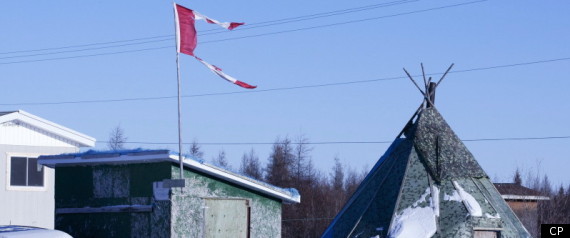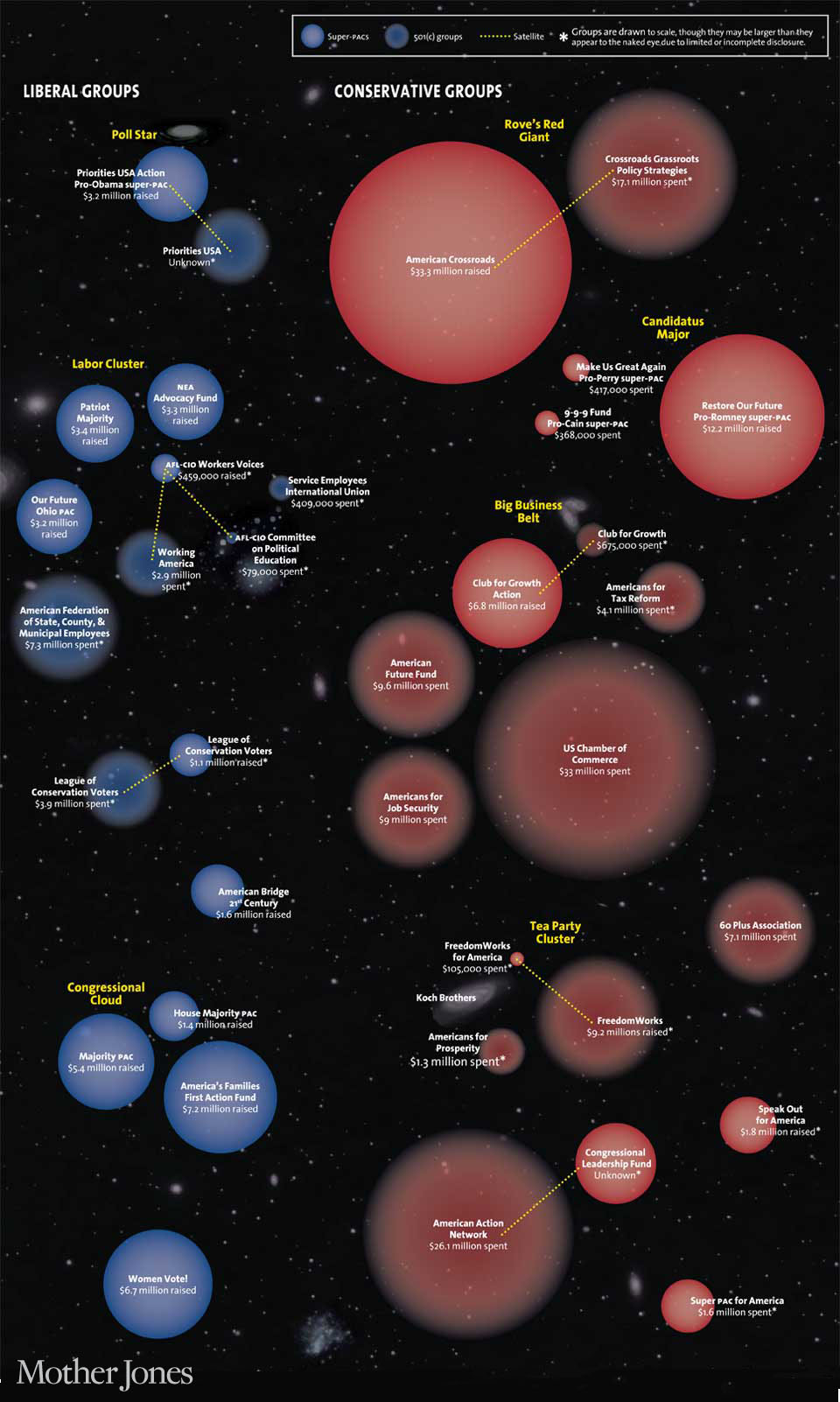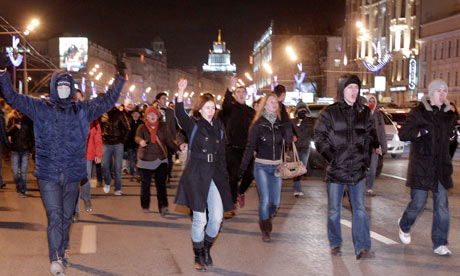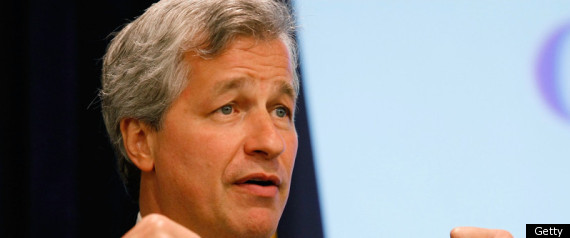 OTTAWA—The federal government is forcing the troubled Attawapiskat First Nation to pay a private-sector consultant about $1,300 a day to run its finances — even though the government’s own assessments say the third-party management system is not cost-effective.
OTTAWA—The federal government is forcing the troubled Attawapiskat First Nation to pay a private-sector consultant about $1,300 a day to run its finances — even though the government’s own assessments say the third-party management system is not cost-effective.Aboriginal Affairs officials told The Canadian Press they have an agreement to pay Jacques Marion of BDO Canada LLP a total of $180,000 to look after the reserve’s accounts from now until June 30.
The money comes from the Attawapiskat First Nation’s budget.
That rate over the course of a year would run up to $300,000 and easily pay for at least one nice, solid house, notes Mushkegowuk Grand Chief Stan Louttit.
“And (Aboriginal Affairs) should pay for this over and above First Nations existing budgets,” he said.
Instead, the band will soon find itself cutting off educational assistants and aides for special-needs children in order to scrape together the money to pay the consultant, said New Democrat MP Charlie Angus, whose northern Ontario riding includes Attawapiskat.






















